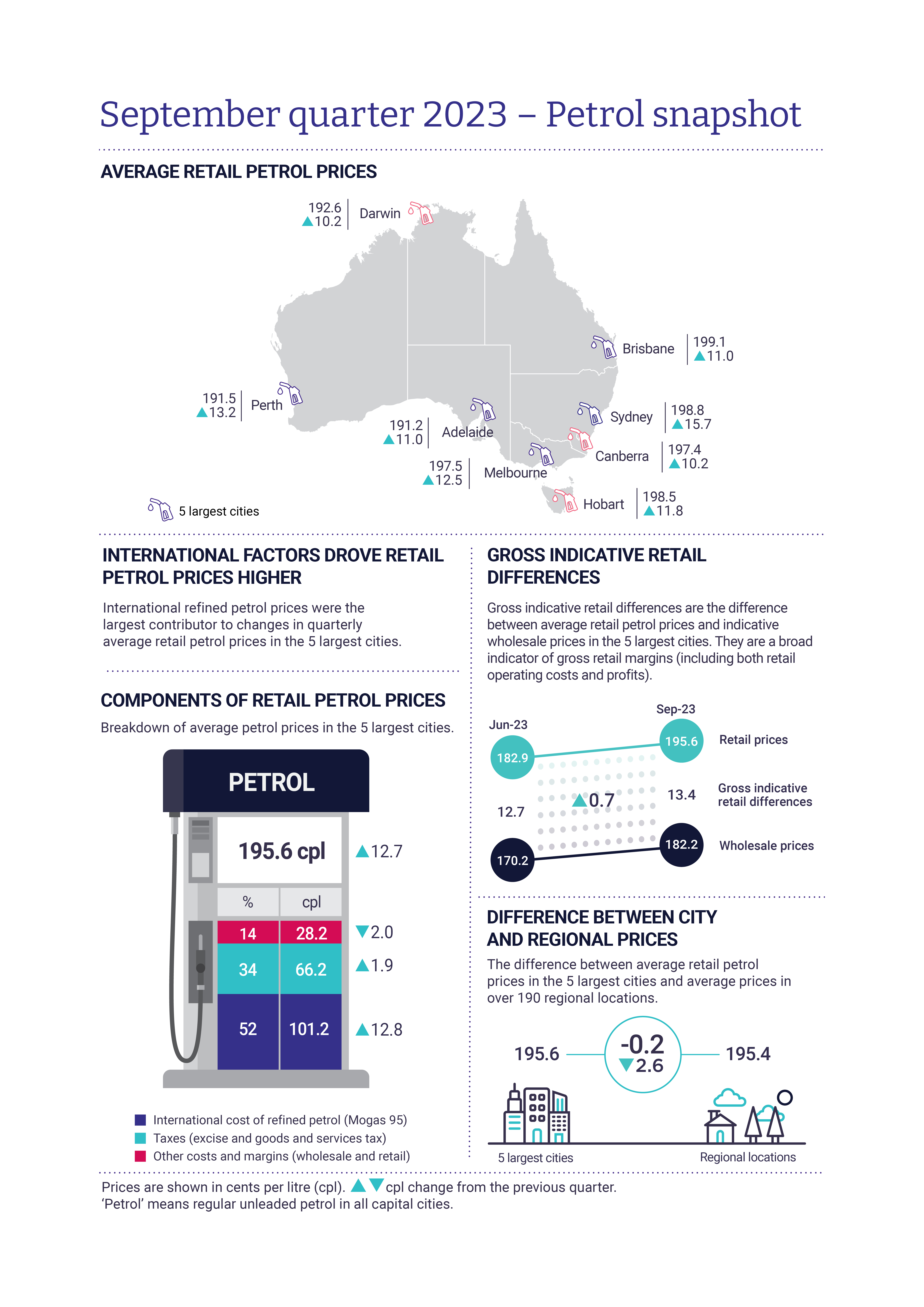 Oil Prices Rise Amidst Supply Concerns
Oil Prices Rise Amidst Supply Concerns
Benchmark U.S. crude oil for August delivery saw a significant increase of $2.09, reaching $82.85 per barrel on Wednesday. This surge in prices can be attributed to ongoing supply concerns in the market. Similarly, Brent crude for September delivery rose by $1.35, reaching $85.08 per barrel.
The rise in oil prices was accompanied by an increase in wholesale gasoline prices as well. For August delivery, gasoline prices rose by 2 cents to $2.50 per gallon. Additionally, August heating oil prices also experienced an uptick of 3 cents, settling at $2.49 per gallon.
On the other hand, August natural gas prices faced a decline, falling by 15 cents to $2.04 per 1,000 cubic feet. This drop can be attributed to factors such as increased production and a decrease in demand.
In the precious metals market, gold prices for August delivery fell by $7.90, reaching $2,459.90 per ounce. Similarly, silver prices for September delivery experienced a decline of $1.08, settling at $30.38 per ounce. September copper prices also fell by 4 cents, reaching $4.41 per pound.
The foreign exchange market saw the dollar weakening against the Japanese yen, with the dollar falling to 156.13 yen from 158.38 yen. Conversely, the euro strengthened against the dollar, rising to $1.0937 from $1.0895.
These fluctuations in commodity prices and currency exchange rates highlight the complex dynamics of global markets. The rise in oil prices can be attributed to concerns over supply disruptions due to geopolitical tensions and ongoing production constraints.
Global events such as political unrest in oil-producing regions or decisions made by major oil-producing countries can have a significant impact on oil prices. For instance, conflicts in the Middle East or decisions made by OPEC (Organization of the Petroleum Exporting Countries) can lead to changes in oil supply and subsequently affect prices.
Furthermore, economic indicators and geopolitical factors also play a role in influencing commodity prices. For example, changes in demand as a result of economic growth or economic downturns can impact the prices of oil and natural gas.
Investors and market participants closely monitor these fluctuations, as they can have far-reaching implications for various sectors of the economy. For instance, rising oil prices can lead to increased production costs for businesses, which may then be passed on to consumers in the form of higher prices for goods and services. Additionally, fuel costs for transportation and shipping can also be affected by changes in oil prices.
It is important to note that while these market trends provide valuable insights, they should not be construed as investment advice. It is always recommended to consult with a financial advisor or conduct thorough research before making any investment decisions.
In conclusion, the recent rise in oil prices, along with fluctuations in other commodity prices and currency exchange rates, reflects the complex dynamics of global markets. Factors such as supply concerns, geopolitical tensions, and economic indicators all contribute to these fluctuations. Understanding these trends is crucial for investors and market participants, as they can have wide-ranging implications for various sectors of the economy.

